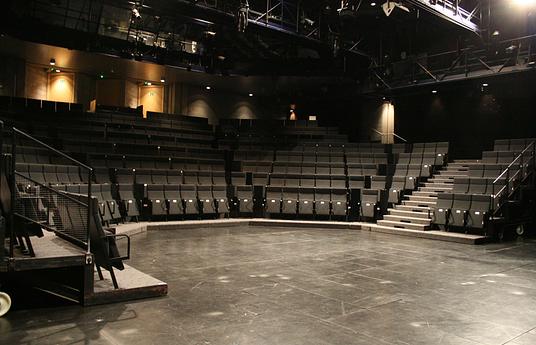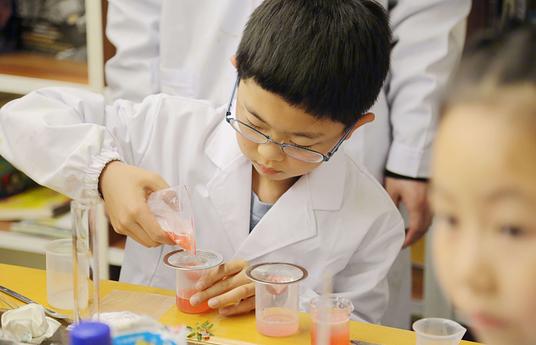In India, children are enrolling in large numbers in school, but the learning levels continue to remain low. Even after 8 years of formal education, the youth are not equipped with requisite skills to join the workforce in the future. PraDigi Open Learning aims to bridge this gap by preparing children and youth for school, work and life, using technology, and involving community participation.
PraDigi Open Learning follows two principles: 1) it takes a village to educate a child, and 2) children are naturally inclined to learn. By raising awareness about the status of education and creating ownership amongst community members, PraDigi works in each village to create a technology-enabled learning environment for children and youth. Available in 11 regional languages, the content is designed for online and offline access. The tablet is placed in the hands of children, who, in groups of 4-5 each, voluntarily come together to learn and create. Children are supported by youth, parents, and other stakeholders. The youth have access to digital courses in exchange for their support. In a study conducted, children in the program performed 12% points better than control groups in school-based subjects. The program tracks student engagement based on their interactions with online content, which is 55-60 minutes per day, adding an additional 7 hours of learning per week per child.
Over the past half a decade, PraDigi Open Learning has grown to reach over 3,00,000 learners through direct programmes and over 7,00,000 learners through partnerships with NGOs and state governments across India. The initiative has been recognised as a case study in Harvard Business School, and as one of the Schools of Future by World Economic Forum. When schools experienced closures in 2020 as a result of Covid-19, we leveraged our experience and used low-tech resources such as TV, SMS, Radio to support continued learning in remote communities. The next steps include expanding the program in other middle and low-income countries, because our model is easily replicable in remote and rural low-tech contexts.
PraDigi Open Learning is easily replicable in low-tech communities across the world. In order to adopt it to a new location/context, one must work with the community stakeholders to create a digital learning environment. The next steps would be enabling shared devices for children’s groups and the contextualisation of the digital content. Contact us at digital@pratham.org and we can help you!



